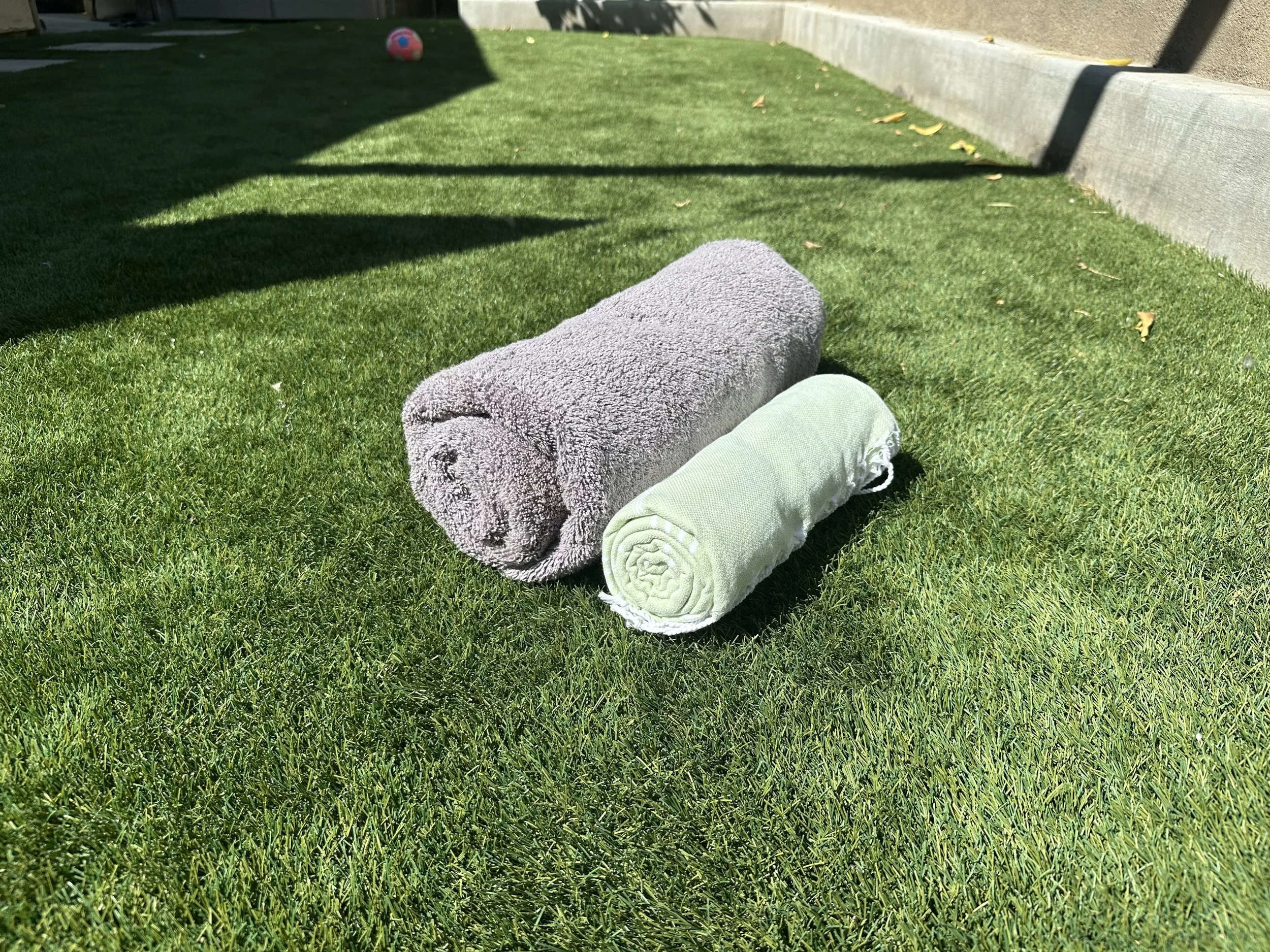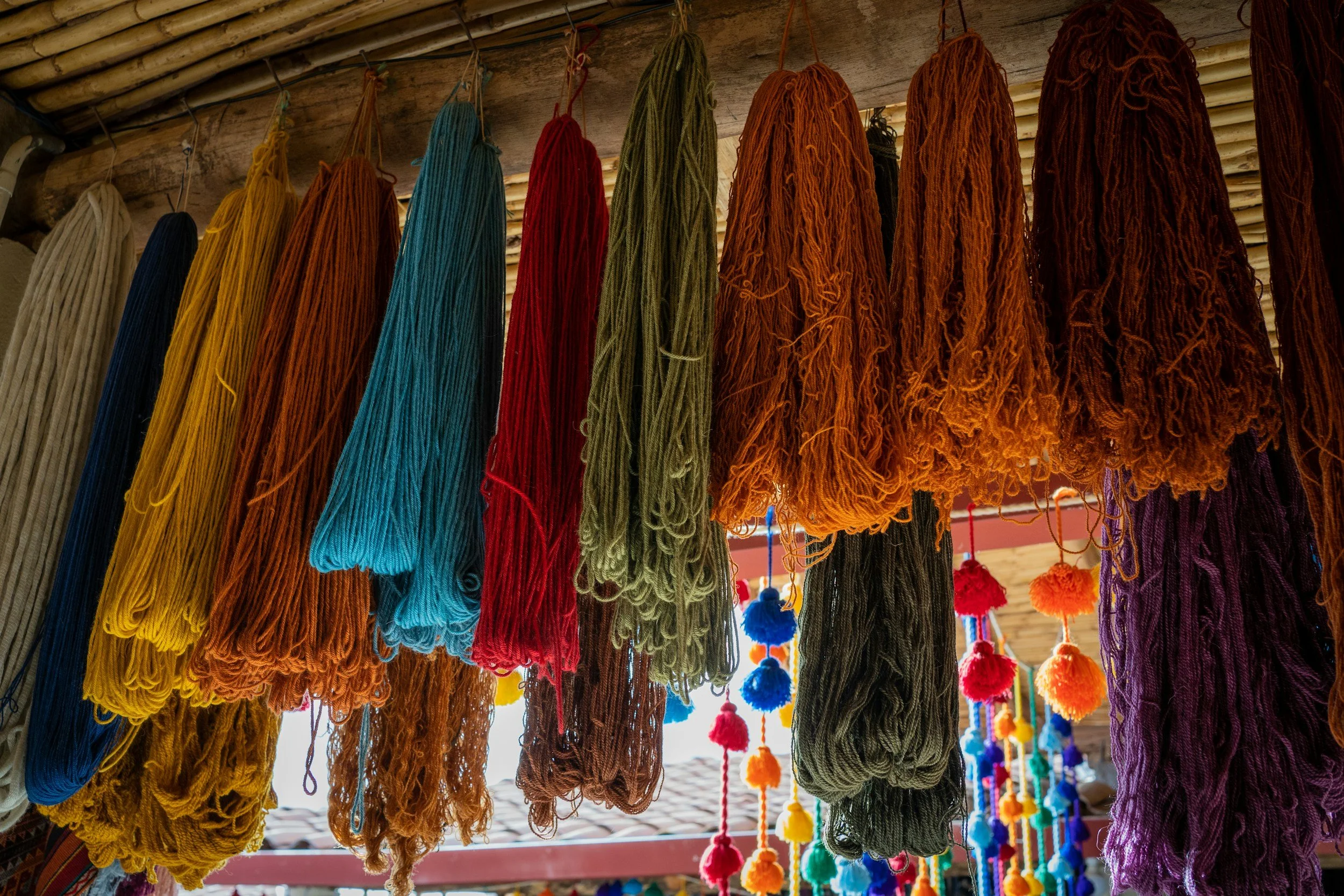Turkish Towel vs.Terry Cloth- The Secret Behind a Softer, Smarter Weave.
In the quest for sustainable living, our everyday choices play a significant role. With growing awareness about environmental impacts, we want eco-friendly alternatives like pestemal towels made from 100% premium organic Turkish cotton.
Understanding Pestemal Towels
Pestemal towels, also known as Turkish towels or hammam towels, are lightweight, flat-woven textiles that have been used for centuries in Turkish baths. Made from 100% premium organic Turkish cotton, pestemals are renowned for their durability, absorbency, quick-drying properties, and versatility.
Regular Terry Cloth
Standard looped towels, typically made from terry cloth, and not usually 100% cotton, are characterized by their thick looped pile surface, which attempts to provide a luxurious and fluffy feeling.
These towels have been the standard simply because we didnt know about the Turkish towel!
Material
Pestemals are made from long staple premium organic Turkish cotton. This cotton is known around the world for its strength and softness. It would be comparable to Pima or Supima cotton in other countries. Turkish cotton is grown without the use of synthetic pesticides, fertilizers, or genetically modified organisms (GMOs), making it an environmentally responsible choice.
Production
The dyeing process for organic pestemals employs natural, low-impact dyes, easy on the environment compared to synthetic dyes. Terry towels can be made from plastics and polyesters mixed with cotton. Even in a 100% cotton terry towel, the cotton is grown using synthetic chemicals and GMOs. The cultivation of conventional cotton is detrimental to the environment, consuming large amounts of water and contributing to soil degradation and pollution.
Synthetic Dyes & Water
Terry towels are typically made using synthetic dyes with environmental impacts, including water pollution and chemical runoff. Organic Turkish cotton in pestemals uses less water compared to conventional cotton. Additionally, production is less water-intensive due to the absence of thick, looped piles. Also, The use of organic cotton and natural dyes minimizes chemical runoff and soil contamination, making pestemals the sustainable choice.
Energy Consumption
Pestemals are thinner and lighter, requiring less energy for washing and drying. They dry quickly, often air-drying in a fraction of the time needed for terry towels, thereby reducing energy consumption from tumble dryers.
By opting for pestemal towels, you not only enjoy the benefits of a luxurious and durable product but also contribute to a more sustainable and eco-friendly lifestyle.
As awareness of environmental issues continues to grow, making thoughtful choices in everyday items like towels can collectively lead to a significant positive impact on our planet.







